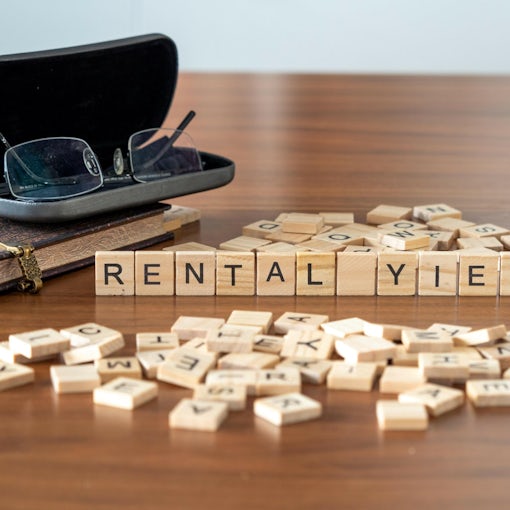Rent increases are always a controversial subject and there are different rules in different parts of the UK, in this article we will take a look at the rules around rent increases in Scotland as they are different from England and Wales.
The first thing to appreciate is that there are different types of tenancy and each has slightly different rules. The situation is also slightly different if the property is in what is called a rent pressure zone.

Regulated Tenancies
For regulated tenancies, which are quite rare these days as they were pretty much phased out after January 1989, a landlord can only increase rent by following what is called the fair rent process. Under these rules a landlord has to apply to the Rental Valuation Officer using an RR1 form. The Officer will then likely inspect the premises and then after considering everything will set the fair rent rate. Typically, there has to be a three-year gap between applications to set a new fair rent.
Short Assured Tenancies
These types of tenancies were phased out at the end of November 2017. Anyone still residing under a Short Assured Tenancy cannot have their rent increased in any fixed term. A landlord can, however, increase the rent at the end of the fixed term. There are no robust rules around these rent increases and the only recourse a tenant has is to apply to the First-tier tribunal for Scotland (Housing and Property Chamber) who will review the rent increase to ensure it is in keeping with similar properties in the local area.
Assured Tenancies
Under an assured tenancy, a landlord cannot increase the rent unless it is allowed for in the tenancy agreement or the tenant voluntarily agrees to the rent increase.
Private Residential Tenancies
These types of tenancy came into being on the 1st of November 2017 and any new tenancy after that date would be a Private Residential Tenancy. These new tenancy types also specified the process for rent increases. Rent increases under these tenancies can only happen every 12 months and the landlord must serve the tenant with a Landlord’s rent increase notice to tenants and give at least 3 month’s notice of the increase. These rent increases should be fair and keep the rent in line with similar properties in the area. If a tenant believes that a rent increase is excessive, they can apply to Rent Service Scotland to have an adjudication made.
Rent Pressure Zones
Local councils can apply to Scottish Ministers to have an area designated as a rent pressure zone if they can show that rent increases in the area are rising too much, that these increases are causing problems for tenants which is then putting the local council under pressure to provide housing or subsidise the cost of housing. If granted then a cap can be set on how much rents for Private Residential Tenancies can be increased. This cap will be at least the rate of the prevalent consumer price index plus 1%. So, if CPI was 1% then the minimum cap would be 2%. A landlord can, however, apply to a rent officer to have the cap increased to reflect any improvements made to the property.
Ultimately, the only situation where a rent increase is specifically capped is where the property is in a Rent Pressure Zone, other than that a landlord, by following the right procedure can raise rents as long as that increase is fair and in keeping with similar properties in the area.
If you are looking to let or rent a property, you can visit our estate and letting agent offices in Scotland.






